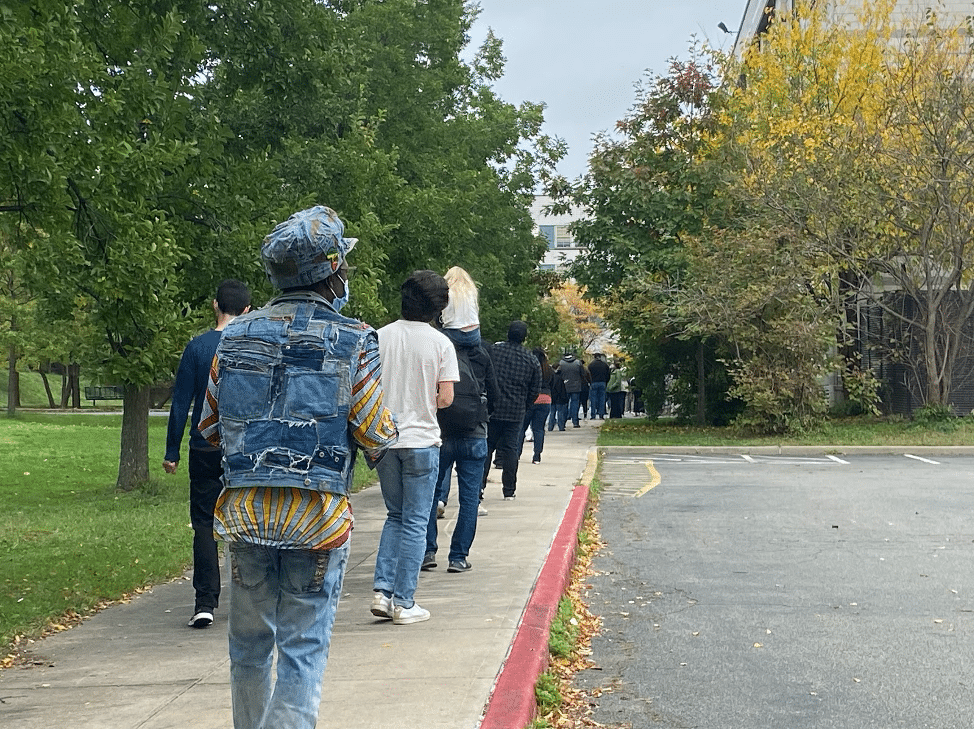The Deferred Action for Childhood Arrivals (DACA) program aims to protect from deportation undocumented immigrants who came to the U.S. as minors. Photo by Max Ostrozhinskiy on Unsplash
For the last 4 years, Ana Alvarez has lived in fear. She’s worried about a presidential administration that threatened to repeal the laws that shielded her from deportation and gave her a work visa. That administration is on its way out. “I can finally get some sleep, for the last few years I’ve been in fear that I could lose everything at any second,” she said.
In early December, U.S District Judge Nicholas G. Garaufis, in the Eastern District of New York, ordered the Trump Administration to reinstate the DACA Program. As a result, the Trump administration began to process renewals and applications. President Barak Obama set up the Deferred Action for Childhood Arrivals (DACA) program in 2012. It aimed to protect from deportation undocumented immigrants who came to the U.S. as minors.
The restoration of the program is a major victory for more than 640,000 current DACA recipients. “Every time the outgoing administration tried to use young immigrants as political scapegoats, they defiled the values of our nation. The court’s order makes clear that fairness, inclusion, and compassion matter,” said New York State Attorney General Letitia James, who challenged the Trump administration’s push to end DACA.
Alvarez is one of the millions of immigrant children in the country who have only ever known life in the U.S. but are considered illegal by the government.
“I came to the United States when I was nine-months-old, in a suitcase … I have been here all my life, in California, but I never knew I was undocumented until my freshman year of high school,” Alvarez said.
Without DACA and being undocumented means Alvarez can’t receive financial aid. She doesn’t have a social security number. She can’t apply for a green card, and many colleges would require her to pay “out of state” tuition.
In 2012, in her senior year of high school, she applied to be a DACA recipient. It cost $500 just to apply. Her parents paid the fee as a birthday gift to her. Once Alvarez was accepted, she was able to attend San Diego State University. However, from the moment President Trump entered office she felt terrified that, at any moment, every right could be taken away from her. Alvarez hopes the incoming administration will make necessary changes to DACA and offer recipients a road to citizenship and access to use government programs.
To be eligible for DACA, applicants must have arrived in the U.S. before they were 16, lived in the country since at least 2007, and earned a high school diploma, a GED or served in the military. DACA does not allow its recipients to request green cards or U.S citizenship. They must renew every two years. That’s why the suspension of the program was so frightening for Alvarez.
Since the program began, 825,000 have received DACA status, and the Migration Policy Institute, a policy think tank, estimates that an additional 685,000 meet the criteria to apply for DACA.
Tags: DACA Immigration






